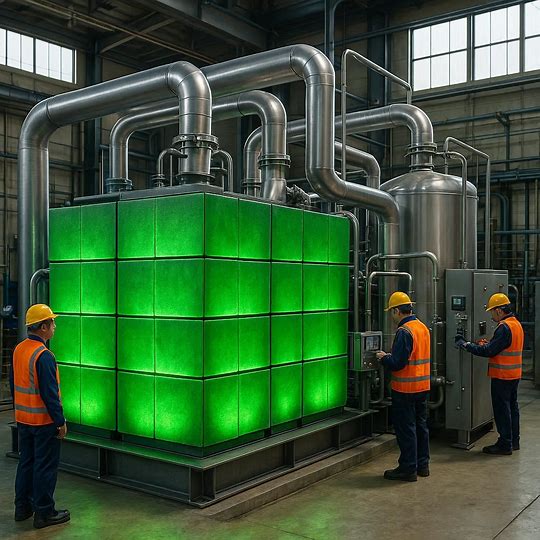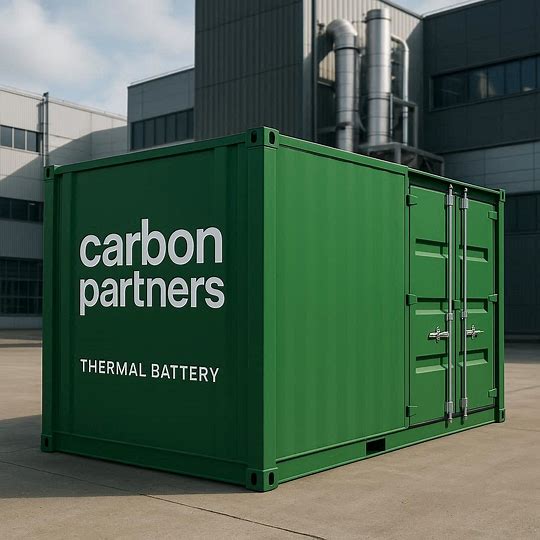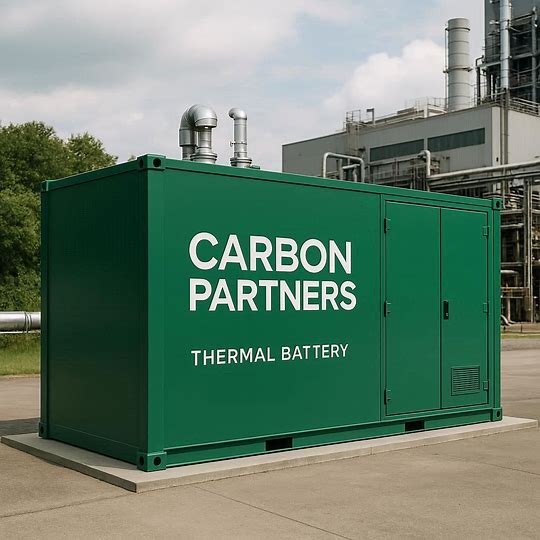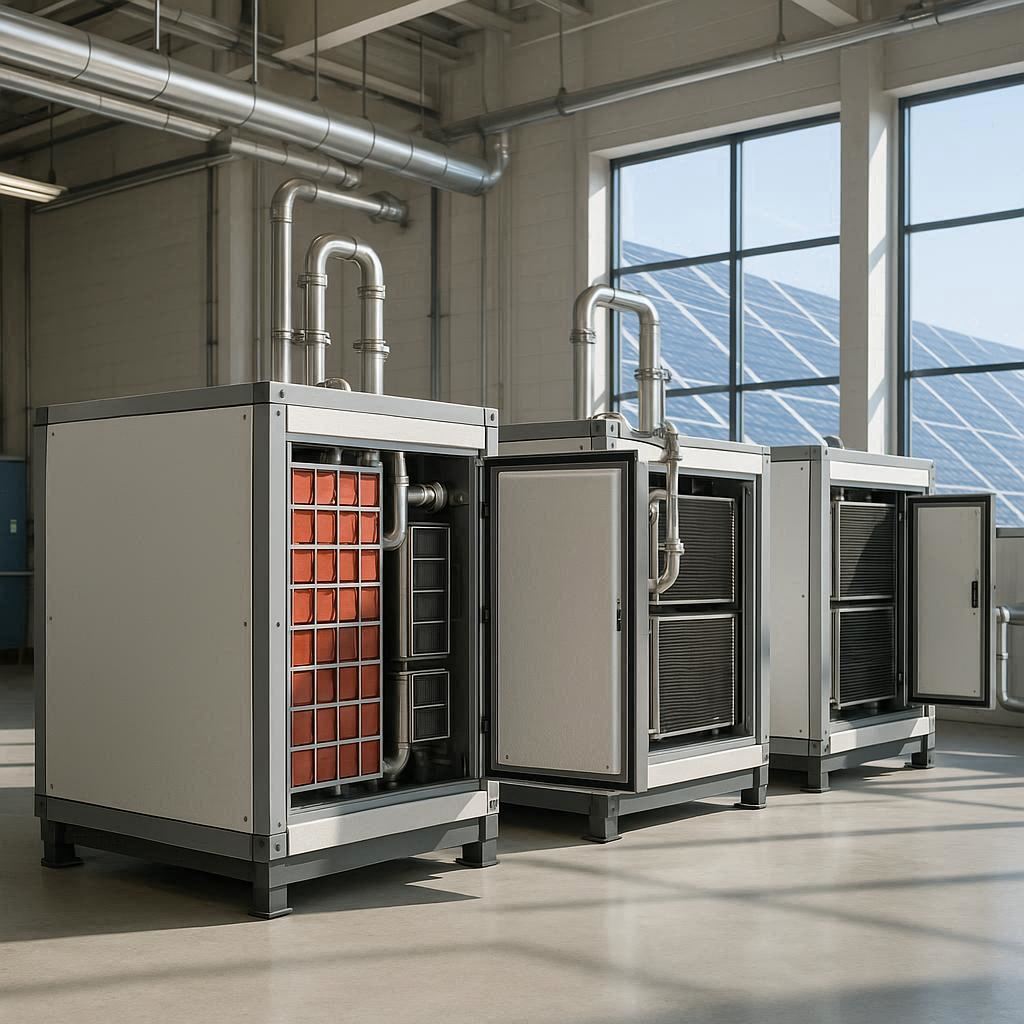Thermal Batteries: Powering New Zealand Manufacturing into a Greener Future
As New Zealand transitions to a low-emissions economy, one technology is quietly reshaping our industrial landscape: thermal batteries. By storing renewable electricity as heat and delivering it on demand, thermal batteries offer three major opportunities for New Zealand industry:
- Decarbonising high-temperature industrial processes – Manufacturers can replace natural gas with renewable electricity for heat-intensive operations like steel, cement, food processing, and chemical production, cutting emissions dramatically.
- Load balancing and grid flexibility – Thermal batteries store surplus electricity from wind and solar, smoothing demand on the national grid and helping integrate renewable energy at scale.
- Driving local economic and industrial growth – By reducing energy costs and reliance on imported fuels, thermal batteries create opportunities for new manufacturing capabilities, job growth, and sustainable expansion of New Zealand industry.
A Local Solution with Global Potential
Thermal batteries are more than a technological innovation—they’re a strategic advantage. Coupling locally generated renewable electricity with thermal storage allows industrial operations to run reliably, even when renewable output fluctuates, and keeps energy spending within New Zealand.
Responding to New Zealand’s Gas Supply Challenges
The recent gas supply crisis in New Zealand has highlighted just how vulnerable manufacturing can be when reliant on fossil fuels. Companies like Ballance Agri-Nutrients have faced the prospect of temporary shutdowns due to rising gas costs and limited supply, putting production, jobs, and the wider economy at risk.
Thermal batteries and renewable-powered process heat offer a practical, resilient solution. By shifting industrial operations from gas to renewable electricity stored as heat, manufacturers can ensure continuous operations, avoid exposure to volatile energy markets, and maintain competitiveness. This approach not only strengthens the industrial sector’s resilience but also accelerates New Zealand’s transition to a low-carbon, self-sufficient energy future.
Ecological Benefits
Switching from gas-fired process heat to renewable electricity via thermal batteries delivers:
- Lower greenhouse gas emissions, supporting national climate goals.
- Reduced air pollutants, improving local environments.
- Renewable integration at scale, enabling more efficient use of wind and solar energy.
Economic and Industrial Impact
Thermal batteries unlock practical benefits for manufacturers:
- Cost savings on energy, enabling reinvestment in workforce and technology.
- Competitive advantage through green production methods.
- Industrial expansion, making high-temperature processes feasible without fossil fuels.
By embracing thermal battery solutions, New Zealand can expand its industrial base sustainably and position itself as a global leader in renewable industrial manufacturing.
Supporting Homegrown Innovation
Carbon Partners is championing local micro-thermal battery development and deployment, collaborating with industrial partners, technology providers, and energy experts. Projects like Project Thermal are already demonstrating how locally made thermal batteries can provide reliable, flexible heat for industrial users, creating a blueprint for wider adoption.
Conclusion
Thermal batteries are not just energy storage devices. They are strategic enablers for New Zealand’s industrial transformation. By addressing decarbonisation, load balancing, local industrial growth, and resilience to energy supply shocks, they empower manufacturers to thrive sustainably, strengthen the national economy, and showcase New Zealand as a hub of renewable energy innovation.




